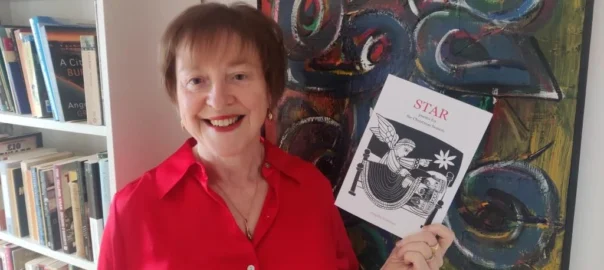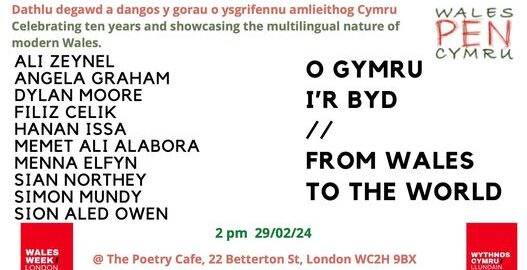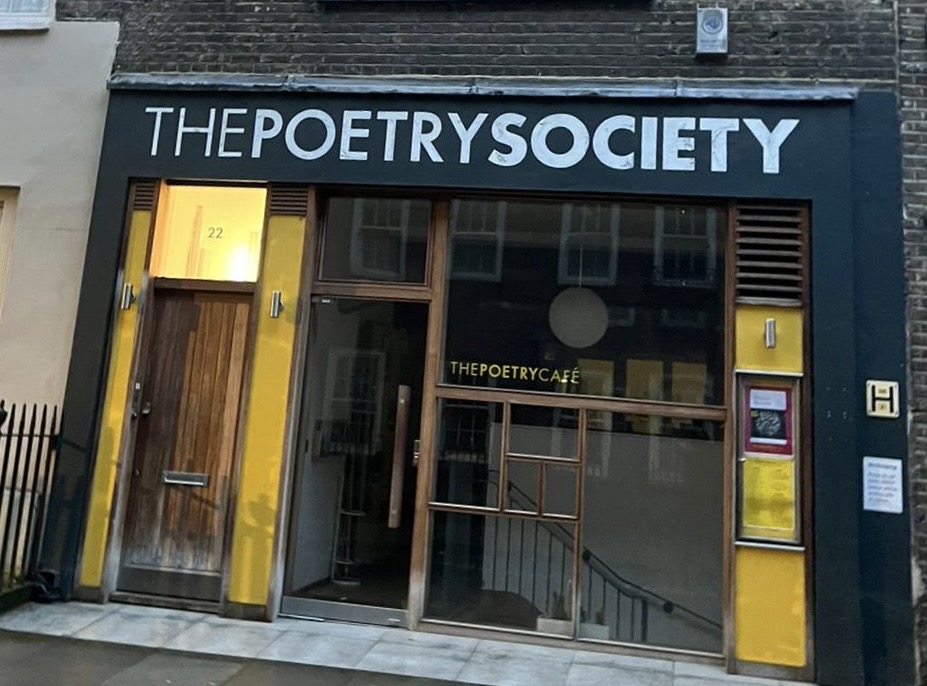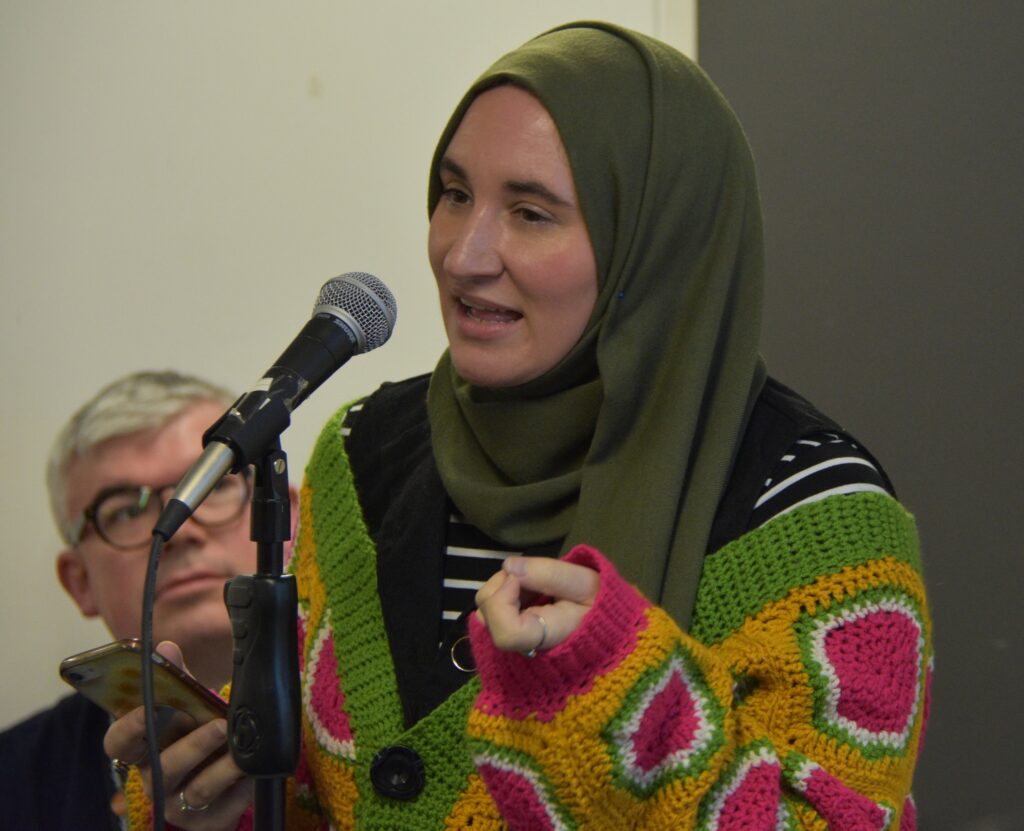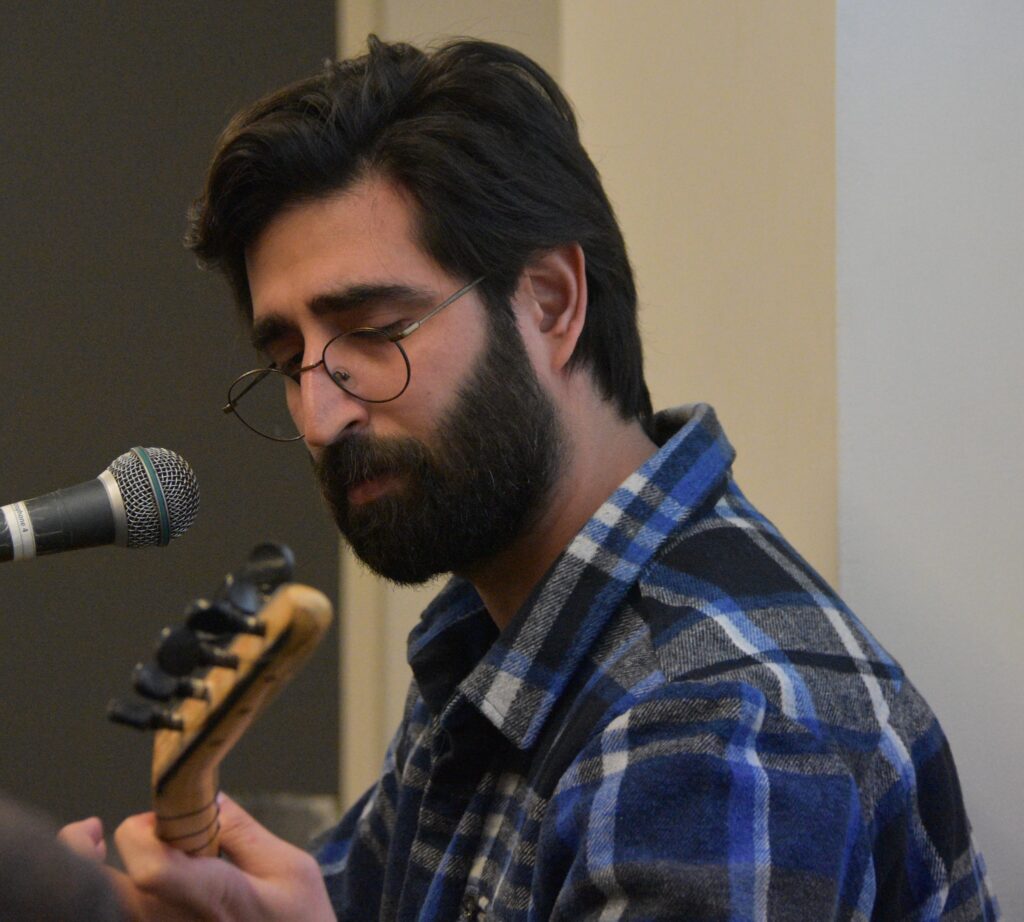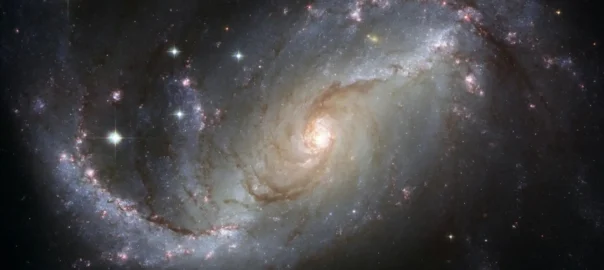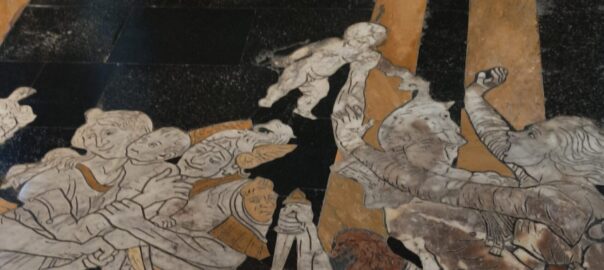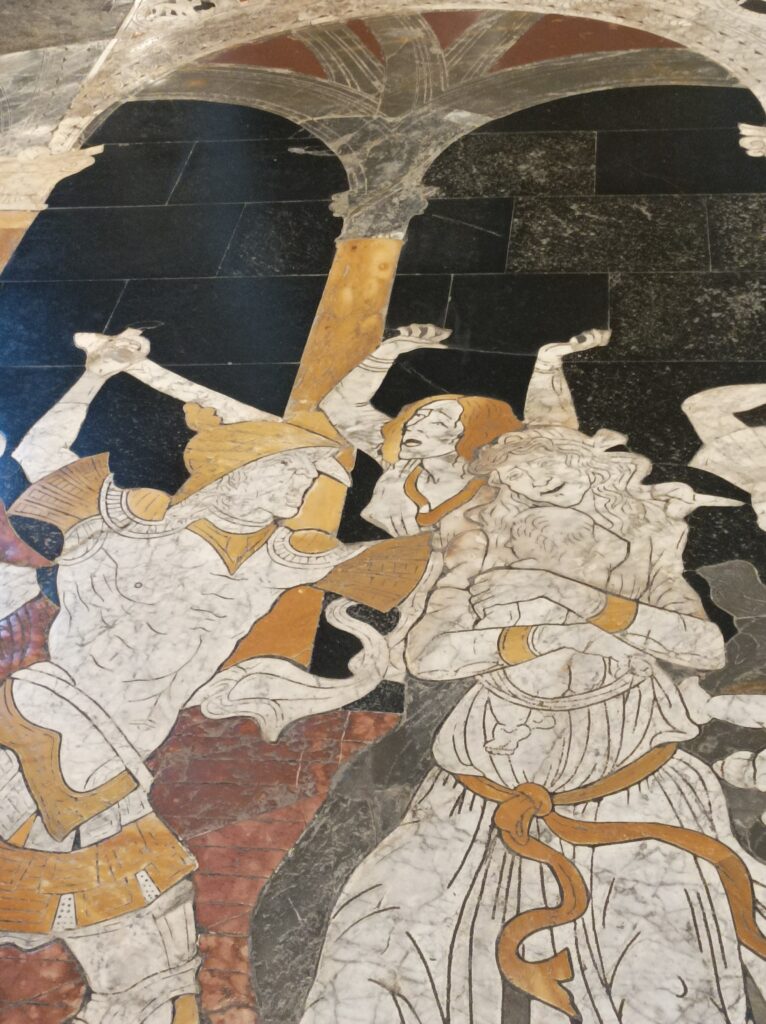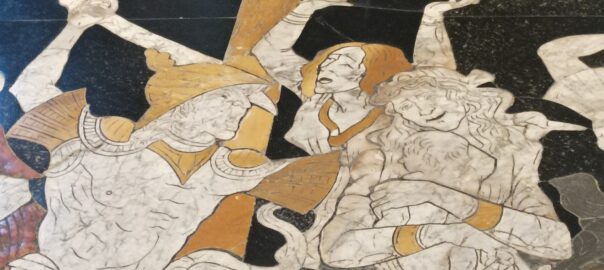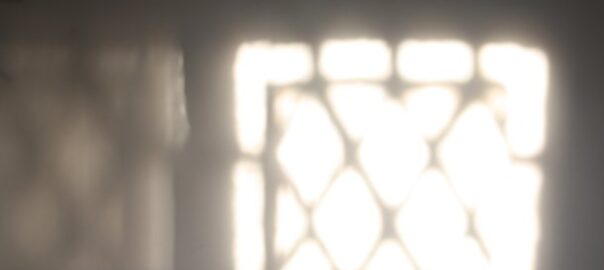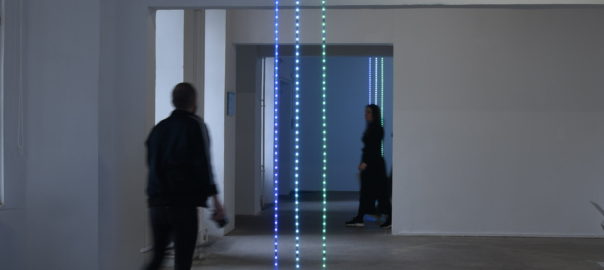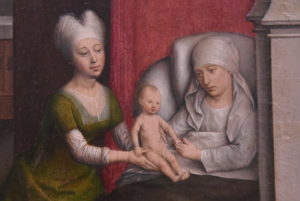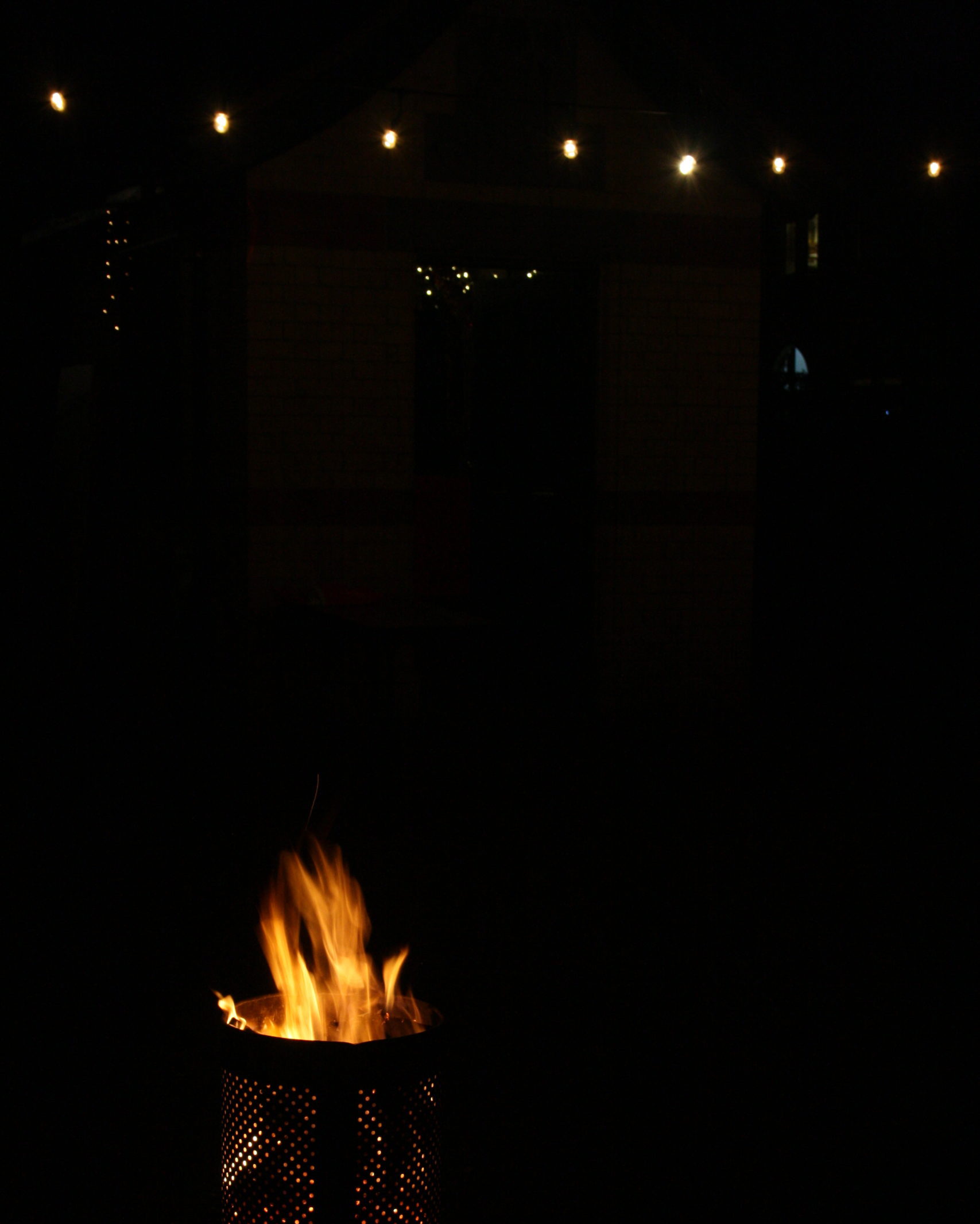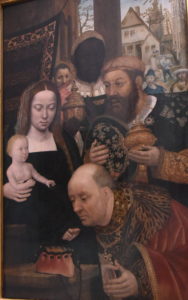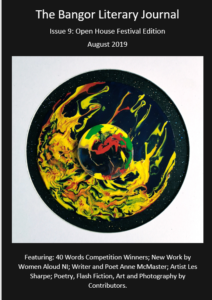My article for The Honest Ulsterman about ‘STAR: poems for the Christmas Season’
https://humag.co/features/something-new-about-christmas
“Is there anything left to say about Christmas?” exclaimed a fellow writer (not unkindly) when I mentioned that it is the theme of my new book. I was taken aback because it had never occurred to me that this particular challenge existed. My reply was, “Once I started writing I couldn’t stop.”
Responses to the book have shown me that readers are indeed surprised to find in it things that they consider novel or surprising. If I’d been aiming for novelty I’m pretty sure it would have eluded me. The book was prompted, in fact, by something that is more than nine hundred years old; something I’ve seen only in a photograph.
In the twelfth century, Gislebertus, the stonemason/architect of the cathedral at Autun in the heart of France, took advantage of the flat surfaces of the capitals on some of the pillars supporting the building to carve scenes from the bible, including aspects of the Christmas story. The journey of the ‘wise men from the East’(or kings, or magi) took his fancy. He must have asked himself how their story began. How did the notion of following a star to search for ‘the infant king of the Jews’ come to them? He himself had imagined a whole cathedral into being. Perhaps he had explored the genesis of that extraordinary journey of his own.
He depicts that instant of inspiration by placing The Three Kings in bed together. Two are asleep but one has been prodded into consciousness by the finger of an angel. The awakening king has opened only one eye. He hasn’t yet turned to see that the angel is also pointing to a star. As a result of his choosing this moment just before the ‘action’ begins, it’s we who supply what happens next – the groggy coming-to; the search for what has disturbed him; the sight of the wonderful star; the excited rousing of his companions …
Each of us creates within us a unique set of images in response to this one piece of art; each of us has a dialogue with the elements of the story on, and in, our own terms. Our inner world is affected – in my case it has resulted in a poem, and then a book, prompted by that depiction of the moment before the ‘big moment’.
AUTUN CATHEDRAL, MAGI
Does the sky have tent-poles?
And some cathedrals are forested.
God walks in their depths on a December afternoon
while the topmost branches brush the undersides
of planets fixed mid-orbit
– those stained-glass windows fruiting overhead.
Here no one thinks of weight, of downwardness
and how the roof desires it.
God pauses among the pillars
at a carved capital that always lifts his heart:
an artist like himself, from this blunt-cornered oblong stone,
gives us a bird’s view of a bed
draped in a ruched counterpane, three kings tucked in,
but the eyes of one, popped open, register
Why? Who? still unaware
of the angel at his shoulder, stroking his hand,
whose other index finger points at a star.
God sighs, at the weight borne by the moment
after such a moment; at how he waits
for a man to look up at the sky
and recognise and seize
the chance of joy.
I am in awe of the confidence with which Gislebertus takes control of an awkwardly shaped, trapezoid stone facet. He breaks its confines by placing the star both inside and outside the ‘frame ‘ of the piece of stone. He exploits difficulty, turning a blank surface into something beautiful. Isn’t this what writers try to do? I allowed myself to follow his method, to imagine other moments in the story of The Three Kings.
Two aspects of the story struck me particularly: who do they leave behind when they set out on their journey westward and why do they seem so politically naïve?
From the first question came my conception of The Three Queens. Couldn’t there have been women involved in this quest? At the heart of the book is a set of six long poems: one for each of the queens, giving a glimpse into their experience and perceptions; and one for each king, so that the six poems play off each other in terms of content and character.
Secondly, I allowed myself to pull at a thread in the Gospel account (Matthew’s) that has long bothered me. The Kings arrive at Jerusalem, go straight to the palace and expect the incumbent to be pleased that a potential rival has been born. Shouldn’t they have had a plan for coping if he turned out to be eager to get rid of the child? They mis-read the local political scene completely and they endanger everyone they meet.
The Christmas story is shot through with elements we easily recognise: political expediency of a murderous kind and a topsy-turveying of people on the fringes of society and those on its heights. There is violence and exile, heartless exploitation and selfishness here. So you’ll find in the book poems about climate change, refugees, the suppression of women and other aspects of what I call ‘the dark hinterland’ of Christmas.
It is this grounding in the cold realities of life that gives Christmas, for me, its authenticity. The story is one about love and what it costs and what it offers, or even guarantees. It’s not about mere sentiment.
For these reasons I find Christmas an inexhaustible source of inspiration.

Above image, artwork copyright Martin Erspamer
In designing the book I very much hoped to have Gislebertus’s Awakening of the Magi as the cover image. I am thrilled to have Martin Erspamer’s wonderful linocut version and, even more so, to have fifteen of his sensitive images alongside the poems. I especially like what I think of (to myself) as the Awakening of the Family, a sort of companion-piece to the Autun work. It depicts Jospeh, Mary and the baby asleep in a bed just like that of Gislebertus, with the same angel poking Joseph but pointing westward, towards exile.
I have also used this book, my metaphorical block of stone, as a space in which to bring together some of the tongues of the British Isles. You’ll find a poem here in Ulster-Scots, and a little Irish, Welsh and Scots. It’s a small canvas but then a manger is small too.
STAR: poems for the Christmas Season was published August 2024 by Culture And Democracy Press. £10 ISBN 978-1-0686946-0-8
Available from bookshops (including No Alibis and The Secret Bookshelf), Amazon and Books Council Wales https://www.gwales.com/bibliographic/?isbn=9781068694608&tsid=2
